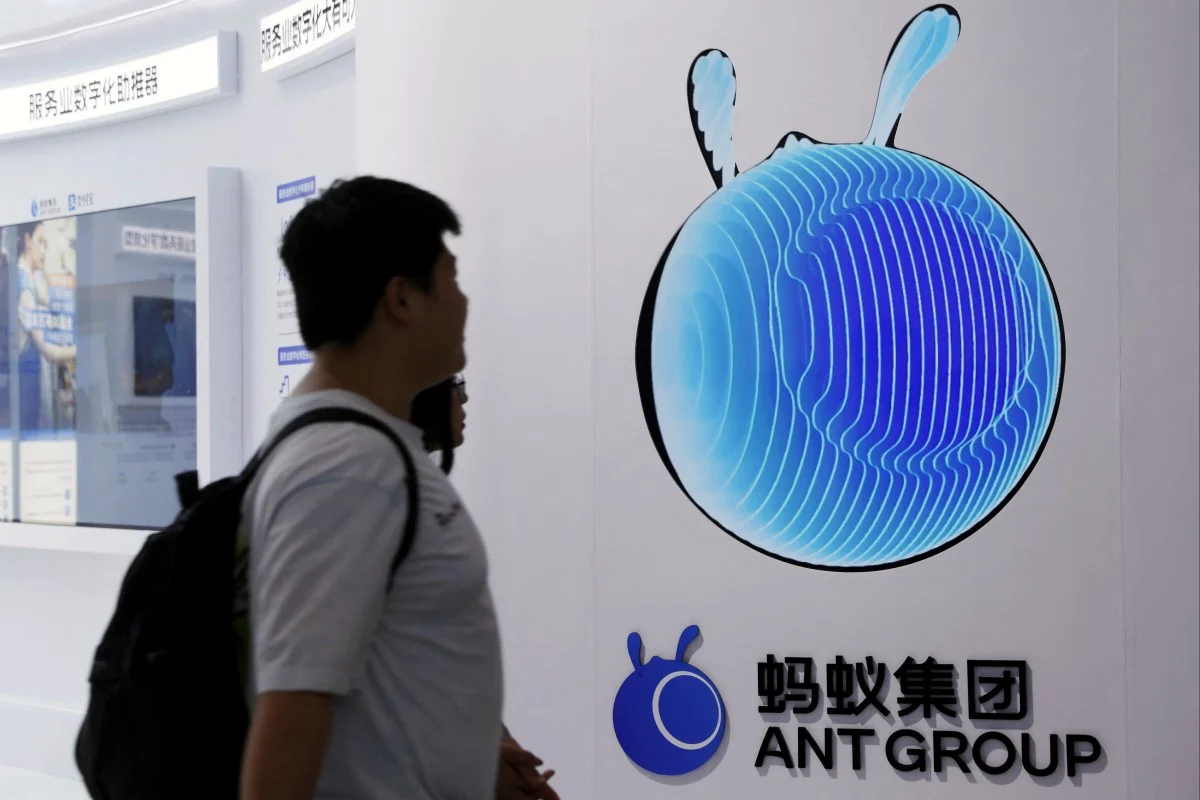“We have built computing power at a level of 10,000 GPUs [graphics processing units],” Ant vice-president Wang Xiaohang said at the conference. “On this basis, Ant’s entire financial business has quickly switched to the LLM paradigm.”
Ant’s financial LLM was used to upgrade Zhixiaobao, the firm’s consumer-facing “intelligent financial assistant” for wealth management and insurance, to help users in various scenarios including generating asset-management plans. It also helped build Zhixiaozhu, an application that can assist finance practitioners in areas including investment research, insurance and marketing.
The upgraded Zhixiaobao will be available to users when it receives regulatory approval, while Zhixiaozhu is undergoing additional closed tests by Ant and industry partners, according to the company.
LLMs are deep-learning AI algorithms that can recognise, summarise, translate, predict and generate content using very large data sets.
In the same Shanghai conference, Ant also launched a new Web3 brand called ZAN, targeting Hong Kong and other overseas markets.
Web3 is the hypothetical next-generation version of the World Wide Web that is decentralised and distributed through the use of blockchain and similar technologies.
Ant, which has pivoted towards hard tech after it came under regulatory scrutiny in late 2020, has doubled down on Web3 technologies through AntChain, a unit that focuses on blockchain, Internet of Things, data analytics and intelligent risk management.
In April, AntChain unveiled a series of new Web3 initiatives, including an open-source project featuring the company’s cross-chain technology and a Web3 research project called AntChain OpenLab.
“Ant firmly believes that technical services are our foothold in the Web3 industry,” said Ant’s Zhang. “We will work with our partners to solve the core issues of Web3 industry development.”
While the mainland has banned cryptocurrencies and taken a cautious approach to Web3, Hong Kong has been actively promoting the concept to burnish its fintech credentials.
Hong Kong’s push into fintech offers lessons for the world in generative AI, while the premise to develop Web3 is to “ensure the stability of the financial system”, Chan said in July during the World Artificial Intelligence Conference in Shanghai.

